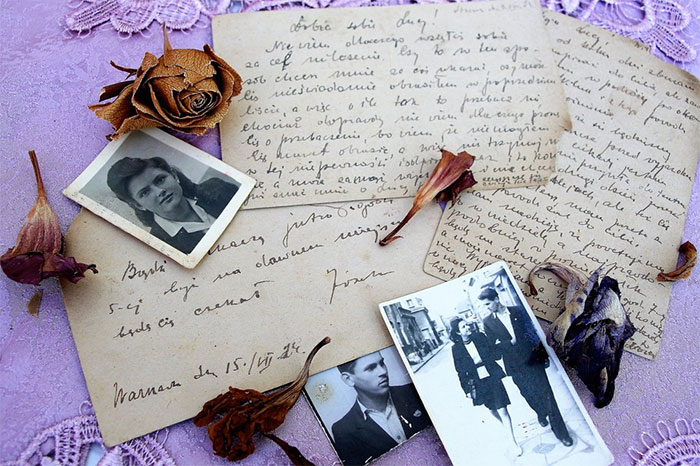Passing a valuable or sentimental object on to the next generation has been a tradition for many centuries. Originally a British concept, the term ‘heirloom’ referred to a physical object which was attached to an estate and would therefore be owned by a new family member as the estate was passed on. In reality, an heirloom is often much more than a piece of property and it connects us with the past and reminds us of our heritage.
If your family does not have an heirloom, but you are keen to start the tradition, here are some key questions to ask yourself before you make your choice.

Table of Contents
Will it be useful for future generations?
Some of the best heirlooms survive so many years because they have a versatility and possibly a practical use for the owner. For example, a piece of quality timber furniture, a piece of art, a watch, a clock, or an ornament can sit proudly in any home. Technology, therefore, is not a good choice as it’s unlikely to be of value in a few months let alone years.
Alternatively, items of jewelry, a tie pin, or cufflinks are a safe choice.
Is it high quality?
The item you choose needs to be able to stand the test of time so it’s essential that it is of high-quality materials and craftmanship. Furniture should be solid and well-maintained and artwork should be cared for to keep it in mint condition.
Gemstones and precious metals such as silver and gold, will look amazing forever. We are still discovering jewelry from thousands of years ago which is in remarkable condition despite having been underground. Websites like www.nuggetsbygrant.com, for example, sell high quality gold jewelry including pendants, rings, earrings and bracelets. Physical gold is, and always has been, the best store of value so you know that your investment will be treasured for years to come.
Does it have a story?
The final reason why you might want to pass something on is that it has a story attached to it, or to have a personal connection to your family. It could be a piece of furniture or a wooden toy which you have made for your children, medals from service in the armed forces, a family recipe, your wedding dress, or a frame containing the first dollar you earned after starting your own business. If you’re artistic or creative, you might want to create a family portrait or sculpture to pass down, or you could give your family your diary or personal letters.
Some heirlooms may not carry much monetary value, but what they lack there they make up for in sentiment and emotional connection to the past. The important point is that an heirloom should be unique to you, and what you want to give future generations.
Traditionally, the heirloom should be passed to your children but if that’s not possible, it should go to your next blood relative. Ideally, they will be someone who will understand the significance and value of the item, and is committed to continuing the tradition after you have gone.











Leave a Reply